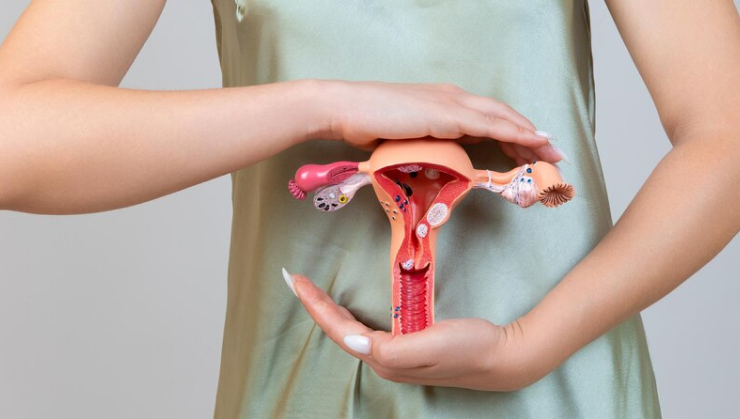Introduction:
Breast health is a critical aspect of overall well-being for women. Regular screening and early detection of breast abnormalities can significantly improve the chances of successful treatment. In this article, we'll explore the importance of breast self-exams, mammograms, and early detection in maintaining breast health.
Understanding Breast Health:
Breasts are complex organs composed of glandular tissue, fatty tissue, and connective tissue. They are susceptible to various conditions, including benign lumps, cysts, and breast cancer. Regular monitoring and screening are essential for maintaining breast health.
Breast Self-Exams:
Breast self-exams are a simple yet valuable tool for early detection of Breast Cancer.Women are encouraged to perform monthly self-exams to become familiar with the normal look and feel of their breasts. Here's how to do it:
- Visual Inspection: Stand in front of a mirror with your arms at your sides. Look for any changes in size, shape, or skin texture. Check for nipple discharge or inversion. Raise your arms and look again.
- Palpation: Lie down with a pillow under your right shoulder and your right arm behind your head. Use your left hand to examine your right breast, moving your fingers in small, circular motions. Cover the entire breast and the armpit. Repeat on the left side.
- Standing Palpation: In the shower, use a soapy hand to glide over your breasts and underarms. Feel for any lumps or changes in texture.
If you notice any changes, consult a healthcare provider for further evaluation.
Mammograms:
Mammography is a type of X-ray specifically designed for breast tissue. It is a crucial screening tool for early breast cancer detection. The American Cancer Society recommends:
- Baseline Mammogram: Women aged 40-44 should have the option to begin annual mammograms.
- Annual Mammograms: For women aged 45-54, annual mammograms are recommended.
- Biennial Mammograms: Women aged 55 and older can transition to biennial mammograms but can continue with annual screening if they choose.
Mammograms can detect breast abnormalities, including tumors or calcifications, that may not be noticeable through self-exams.
Early Detection:
Early detection is vital for breast cancer treatment success. When breast cancer is diagnosed at an early stage, it is often more treatable and has a higher chance of a full recovery. Being proactive with self-exams and adhering to recommended mammogram schedules can significantly improve the chances of early detection.
Breast Health Tips:
- Lifestyle Choices: Maintaining a healthy lifestyle with regular exercise and a balanced diet can contribute to overall breast health.
- Breastfeeding: Breastfeeding has been linked to a reduced risk of breast cancer.
- Limit Alcohol: Reducing alcohol consumption can lower the risk of breast cancer.
- Smoking Cessation:Quitting smoking is essential for general health, including breast health.
- Genetic Testing: If you have a family history of breast cancer, genetic testing may help assess your risk.
Conclusion:
Breast health is a critical concern for women, and proactive measures are essential for early detection and successful treatment of breast conditions. Regular breast self-exams and mammograms, as well as a commitment to a healthy lifestyle, can contribute to overall breast health and increase the likelihood of early detection. Don't hesitate to seek guidance from a healthcare provider for any breast concerns, and remember that early detection can be a lifesaver.
.pdf%20300X60%20PX-02-02.svg)



